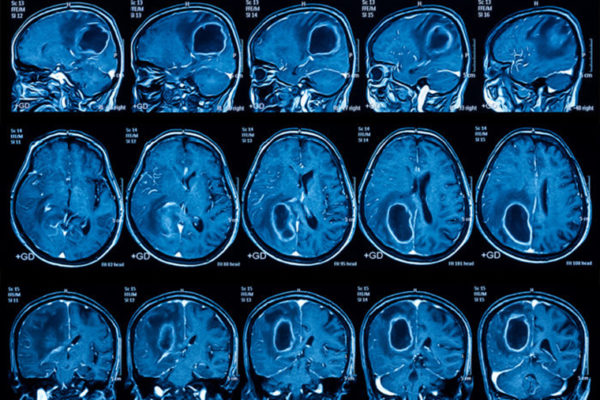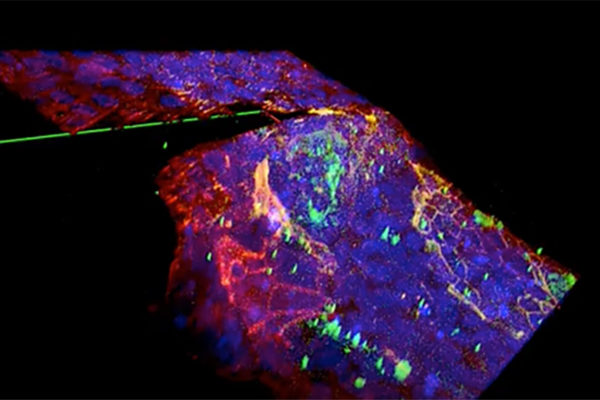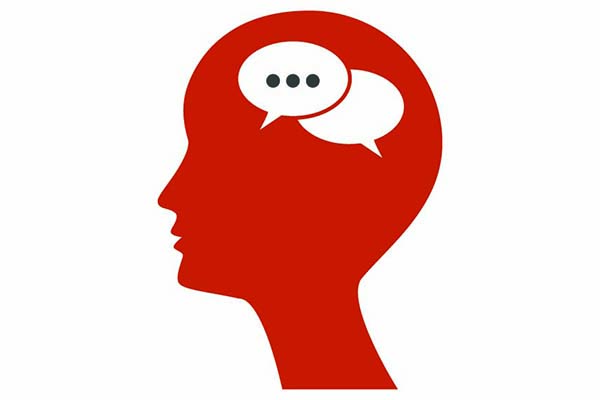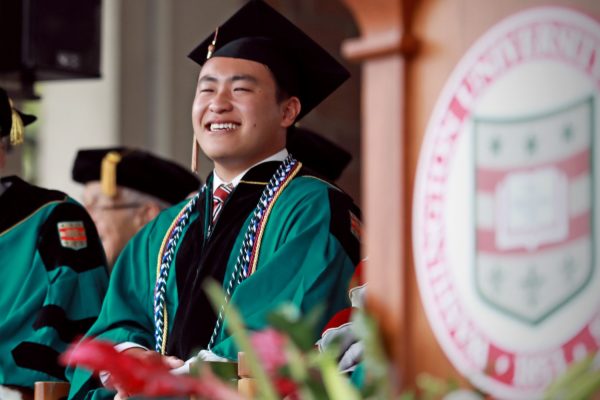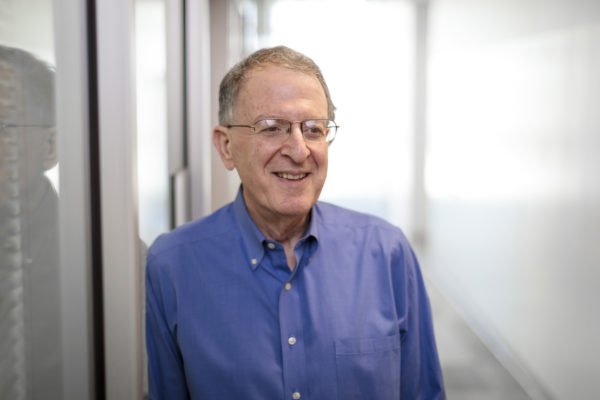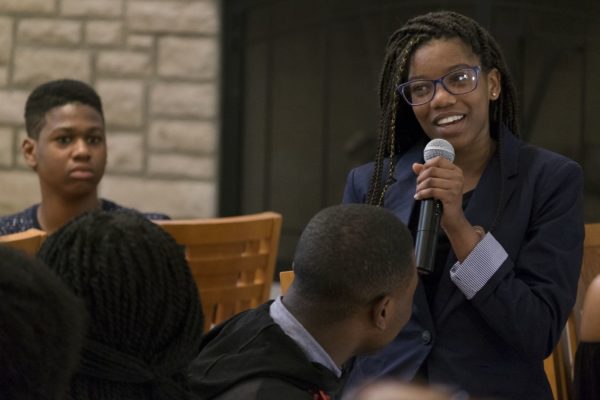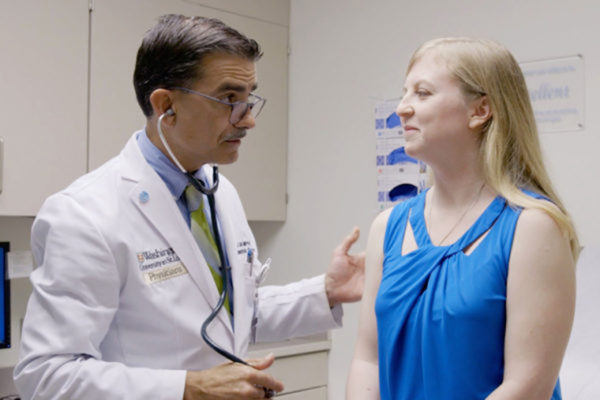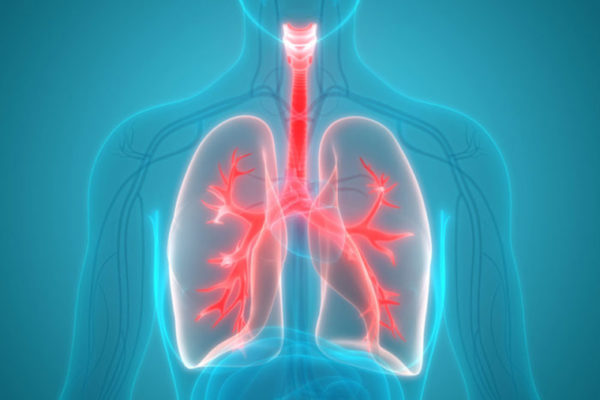Brain cancer vaccine effective in some patients
Most people with the deadly brain cancer glioblastoma die less than 18 months after diagnosis. But a multicenter clinical trial of a personalized vaccine that targets the aggressive cancer has indicated improved survival rates for such patients. The study appears May 29 in the Journal of Translational Medicine.
Defects in tissue trigger disease-like transformation of cells
Homeowners know that one little termite can lead to big problems: while termites are efficient at gnawing away at wood, they can do even more damage if the wood is already broken or has another defect. Mechanical engineers at Washington University in St. Louis have found the same effect in some of the body’s tissue.
WashU Expert: Remembering Philip Roth
Philip Roth, who died May 22, was among the most influential American writers of the 20th and 21st centuries. He was also a playful yet unsparing and often provocative critic of American culture, said Matthew Shipe, lecturer in English in Arts & Sciences at Washington University in St. Louis.
WashU Expert: Starbucks issue is bigger than PR
Starbucks’ leadership’s response to date demonstrates a broader consideration of the full range of management functions and stakeholders critical to the company’s success, according to Catherine Dunkin, lecturer in management at Olin Business School at Washington University in St. Louis.
Splitting the difference: One person, two minds
Arts & Science philosopher Lizzie Schechter uses elements of two philosophical traditions to propose a new way to think about split-brain subjects. Her new book “Self-Consciousness and ‘Split’ Brains: The Minds’ I,” will be published June 1.
Senior class president William Feng’s message to the Class of 2018
Read the text of senior class president William Feng’s remarks to the Class of 2018. Feng received a bachelor’s degree from Olin Business School.
Gordon receives British Royal Society’s highest honor
The School of Medicine’s Jeffrey I. Gordon, MD, has received the 2018 Copley Medal from the Royal Society in Britain. He is being honored for his studies of human gut microbial communities, which have led to a fundamental shift in the way scientists understand the relationship between microbes, health and disease.
New cohort of College Prep Scholars announced
Washington University in St. Louis has admitted 50 rising high school sophomores to its innovative College Prep Program, a multiyear initiative that prepares high-achieving students with limited financial resources for college. The students represent public, private and charter schools from across the region. They will live and study on campus for three summers, participating in science labs, preparing their college essays and studying with top university faculty.
Eczema drug effective against severe asthma
Two new studies of patients with difficult-to-control asthma show that the eczema drug dupilumab alleviates asthma symptoms and improves patients’ ability to breathe better than standard therapies. Researchers at the School of Medicine and colleagues elsewhere conducted the studies.
Clues found to early lung transplant failure
Researchers at the School of Medicine and colleagues at Northwestern University and elsewhere have uncovered new clues in early lung transplant failure.
View More Stories
